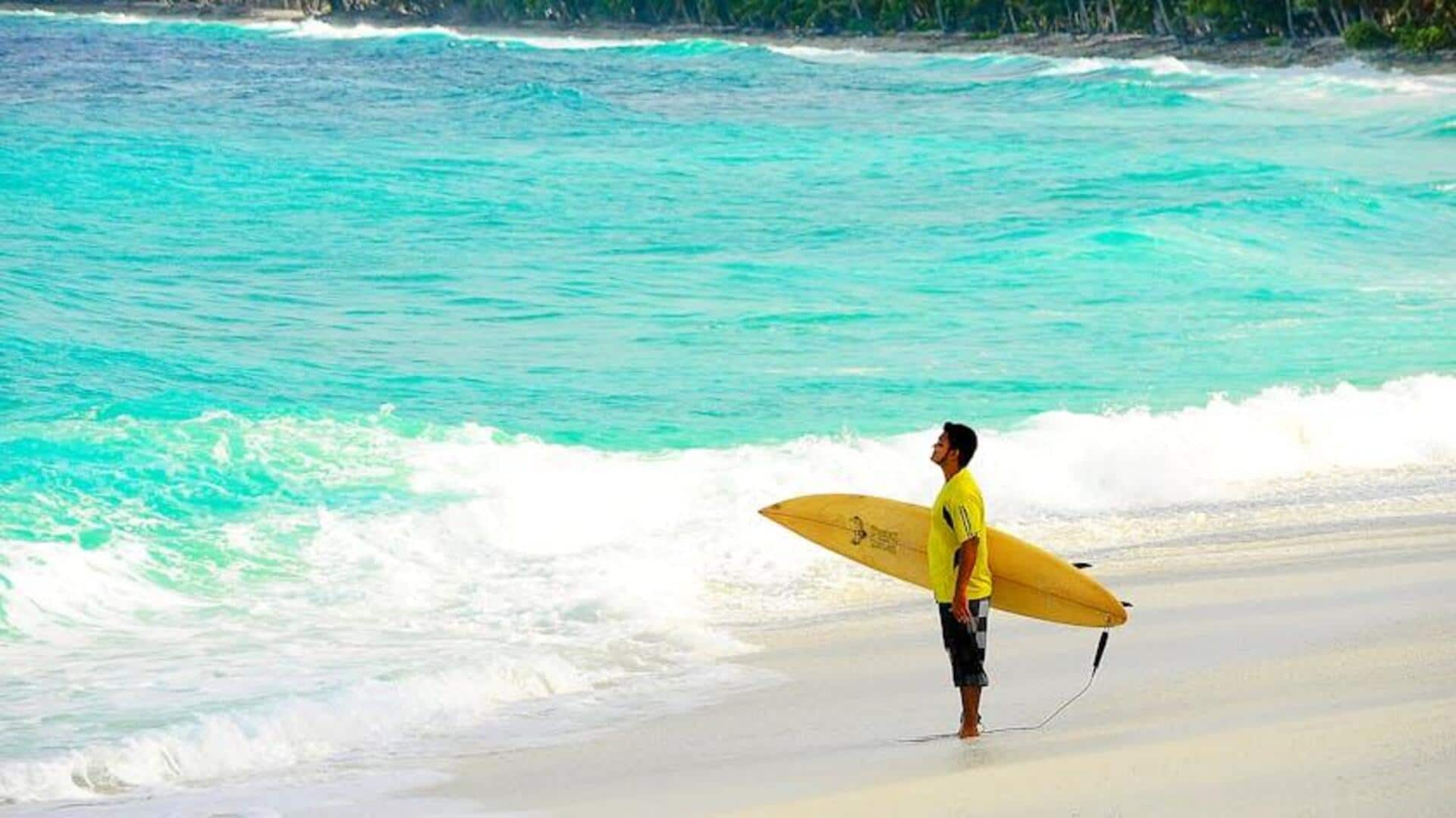
Stand-up paddleboarding v/s surfing: Which keeps you fitter?
What's the story
Stand-up paddleboarding and surfing are two of the most popular water sports today. Both offer a unique set of physical benefits. Both sports work the core but in different ways. Knowing how each of these sports work the core can help you determine which would be more beneficial for you. Here's a look at the core workout potential of stand-up paddleboarding and surfing.
Balance challenge
Balance and stability on water
Stand-up paddleboarding has you maintaining your balance on a board while paddling through the water. The constant need to stay stable keeps your core engaged all the time, as it works to keep your body upright and balanced. The paddling itself involves a lot of twists that further work your abs, making it an excellent workout for overall core strength.
Movement dynamics
Dynamic movements in surfing
Surfing is all about riding waves, which calls for quick changes in posture and balance. These dynamic movements require a lot of engagement of the core muscles to stabilize the body during rapid changes in direction and speed. The explosive nature of surfing means surfers often experience intense bursts of muscle activation, especially in their abs and obliques.
Workout intensity
Endurance v/s intensity
Stand-up paddleboarding is typically a low-intensity activity that can be maintained for longer periods, increasing endurance in core muscle groups. Surfing, on the other hand, is more intense because of its high-energy moves performed over shorter time frames. This difference implies that stand-up paddleboarding may build endurance while surfing concentrates on short bursts of intense muscle engagement.
Learning ease
Accessibility and learning curve
For beginners wanting to work their core through water sports, stand-up paddleboarding is usually easier to pick up than surfing, thanks to its gentler learning curve. Since you can start on calm waters, newbies can gradually hone their balance skills without the advanced techniques surfing's wave-riding demands.